Felix Morka Blames Atiku for PDP Crisis, Defends Party Over Defections The National Publicity Secretary of the All Progressives Congress (APC), Felix Morka, has attributed the ongoing internal turmoil within the Peoples Democratic Party (PDP) to former Vice President Atiku Abubakar. Morka, speaking during an interview with TVC on Friday, April 25, 2025, laid the
Felix Morka Blames Atiku for PDP Crisis, Defends Party Over Defections

The National Publicity Secretary of the All Progressives Congress (APC), Felix Morka, has attributed the ongoing internal turmoil within the Peoples Democratic Party (PDP) to former Vice President Atiku Abubakar. Morka, speaking during an interview with TVC on Friday, April 25, 2025, laid the blame squarely on Atiku for disregarding the PDP’s internal zoning principles during the 2023 presidential elections.
Morka accused Atiku of violating the PDP’s constitution by contesting the presidential election, which was, by convention and rotational agreement, meant to favour a southern candidate. According to the APC spokesman, this breach not only violated the party’s established norms but also triggered the internal discord that has since plagued the PDP.
“The problem in the PDP was Atiku’s obdurate refusal to abide by the convention of his own party and its constitution. He had no business running in that election when, under their constitution, a southern candidate was mandated,” Morka stated. “He was the one who created the problem… he was, in fact, at the root of the problem the PDP is facing today.”
Felix Morka Defends APC Against One-Party State Allegations
Amid concerns over growing defections to the APC, Morka strongly rejected the notion that Nigeria was heading towards a one-party state. Critics have raised alarm about the possible weakening of opposition forces, especially as prominent figures from rival parties continue to switch allegiance to the ruling APC.
However, Morka insisted that such movements were neither illegal nor undemocratic. He argued that the APC’s ability to attract members from across the political divide only reflected its internal strength and appeal, rather than a threat to the country’s democratic framework.
“The APC today, clearly, in comparison to all of the other parties in the opposition, is holding its own,” he remarked. “Our party is standing very strong and resilient, even in the face of enormous pressures, both internal and external, and that’s what a party should be.”
He further acknowledged that internal conflicts are a normal part of any political institution, but emphasized that the APC has managed its internal contradictions in a way that maintains its stability. According to him, diversity of thought and background among party members is a strength, not a weakness.
“A political party shouldn’t be an entity without its own internal challenges,” Morka said. “What matters is how it deals with those challenges — how the party manages those contradictions or internal conflicts of interest, which are natural to every institution.”
Morka also dismissed accusations that the APC is actively trying to decimate opposition parties. He noted that in any democratic setting, the core objective of political parties is to win and retain power, and there is no rule mandating a ruling party to strengthen or preserve the opposition.
“There is no democratic idea, norm, or system anywhere in the world where a ruling party is under obligation to build the opposition,” he asserted. “Parties are in business to compete for power. That’s what they are supposed to do. That’s the idea behind any democratic system.”
The APC’s defense comes at a time when Nigeria’s political landscape is undergoing significant shifts, with many analysts watching closely to see whether the influx of opposition figures into the ruling party will translate into increased dominance or political stagnation.
While Morka’s comments underline the APC’s confidence in its standing, questions remain about the long-term implications of weakened opposition voices in a country as politically diverse as Nigeria. Nonetheless, the APC maintains that its current trajectory is well within the bounds of democratic norms and practices.

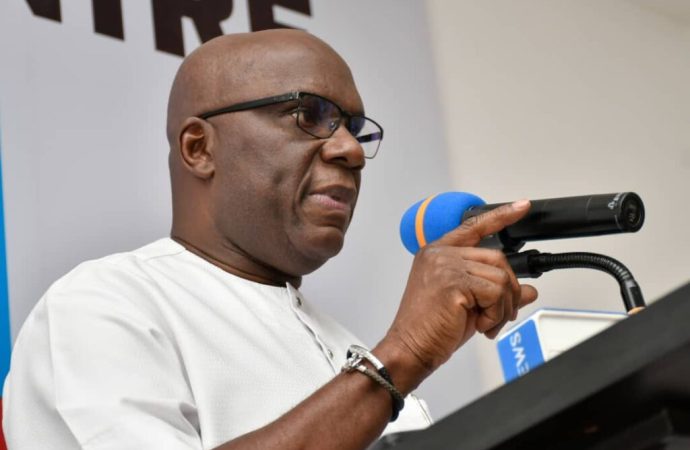

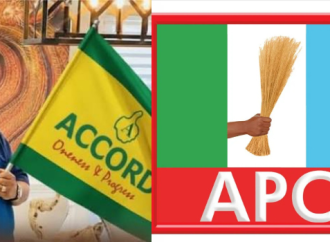

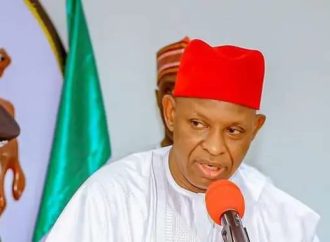
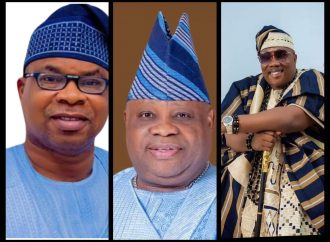
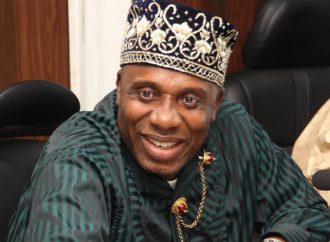


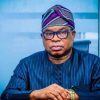
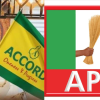

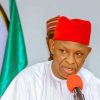
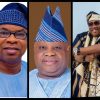



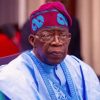


Leave a Comment
Your email address will not be published. Required fields are marked with *